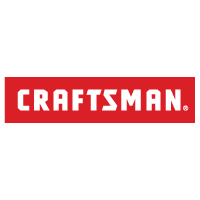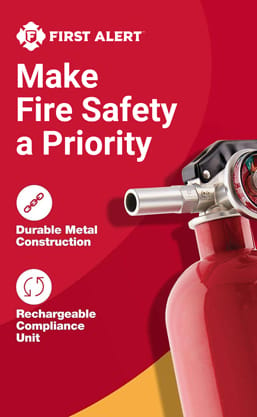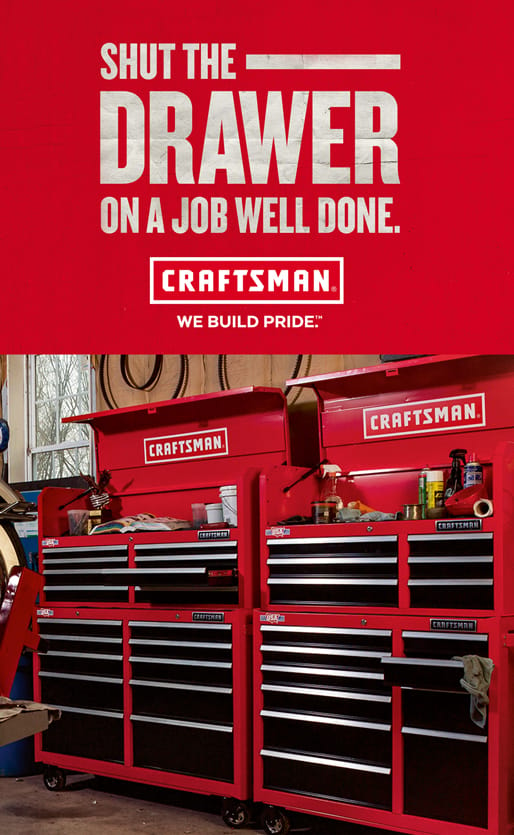Welding rods, also known as stick welding electrodes, give you the flexibility to make strong, reliable welds in the shop or out in the field. At Ace Hardware, you’ll find a wide selection of stick electrodes in popular diameters and formulations to match your welder, base metal and working conditions. Whether you’re repairing equipment, fabricating brackets or tackling maintenance on older steel, the right rod helps you strike an arc easily, maintain control and clean slag between passes.
Common Welding Rod Types and Uses
Ace offers a variety of welding rods to help you meet the various needs of your next welding project. Look for common options like:
- E6011: A versatile, deep-penetrating rod that can cut through light rust, paint and mill scale. Works well on repairs and in outdoor conditions. Suitable for AC or DC and all-position welding when technique allows.
- E6013: Known for easy starts and a smooth, clean bead on thinner or clean material. Forgiving arc characteristics make it a good choice for general shop work. Runs on AC or DC.
- E7018 (low-hydrogen): Recommended for clean carbon steel when low-hydrogen properties are specified. Provides a smooth arc and removable slag. Many versions run DC+, and some are designed for AC machines, so check the package to confirm. Keep these rods dry to maintain performance.
- Stainless steel (e.g., 308L, 309L): Used for stainless repairs and projects that need corrosion resistance or for joining dissimilar steels, you can match the electrode to your base metal and follow the manufacturer’s guidance.
- Cast iron/nickel rods: Formulated for cast iron repairs and build-up. Always follow the electrode maker’s recommendations for preheat, travel speed and cooling practices.
How to Choose the Right Welding Rod
Your project needs will help determine which welding rod you need. Keep the following in mind as you shop:
- Base metal and environment: Match the electrode to what you’re welding and where you’ll work. For less-than-pristine steel or outdoor conditions, a penetrating rod like E6011 can help. For clean, indoor work, E6013 or an appropriate low-hydrogen rod may be preferred.
- Polarity and power source: Check your welder. If you have an AC-only machine, select AC-compatible electrodes. For DC, confirm whether the rod is intended for DC+ or DC−.
- Diameter and material thickness: Smaller diameters such as 3/32 in. help control heat on thin material. Heavier sections often call for 1/8 in. or larger. Always match rod size to your welder’s output and the electrode’s recommended amperage.
- Welding position: If you’ll weld vertically or overhead, look for all-position electrodes and follow recommended techniques.
- Settings: Consult the amperage and technique chart on the packaging for best results with your specific machine and rod.
How Should You Prepare the Joint Before Stick Welding?
Clean the weld area for best results. Remove oil, grease, loose rust and paint where practical so the welding rod can fuse cleanly with the base metal.
What Arc Length and Travel Speed for Stick Welding?
Keep a steady arc length suited to the electrode (often about the diameter of the rod) and adjust travel speed to maintain a consistent bead. You can practice on scrap to dial in settings for your specific rod and machine.
How Should You Store Welding Rods?
Keep electrodes in a dry, sealed container and follow the manufacturer’s storage guidance. Low-hydrogen rods, in particular, should be kept dry to help maintain their properties. Discard rods with damaged flux.
When Should You Replace or Discard a Welding Rod?
Replace electrodes with cracked or flaking flux, obvious moisture exposure or contamination. Using compromised rods can lead to poor arc stability and weak welds.
Shop Welding Rods Near You at Ace
Visit your local Ace Hardware store to explore our broad welding rod selection near you and receive personalized guidance from our experienced team members who understand the demands of quality metalworking projects. You can also find a host of welding accessories, from safety essentials like helmets, gloves and goggles to soldering irons and welding wire.
Our broader tools department supports metalworking projects with complementary equipment and accessories. From precision hand tools for detailed preparation work to heavy-duty power tools for material processing, we stock the complete range of equipment that professional results demand.

























